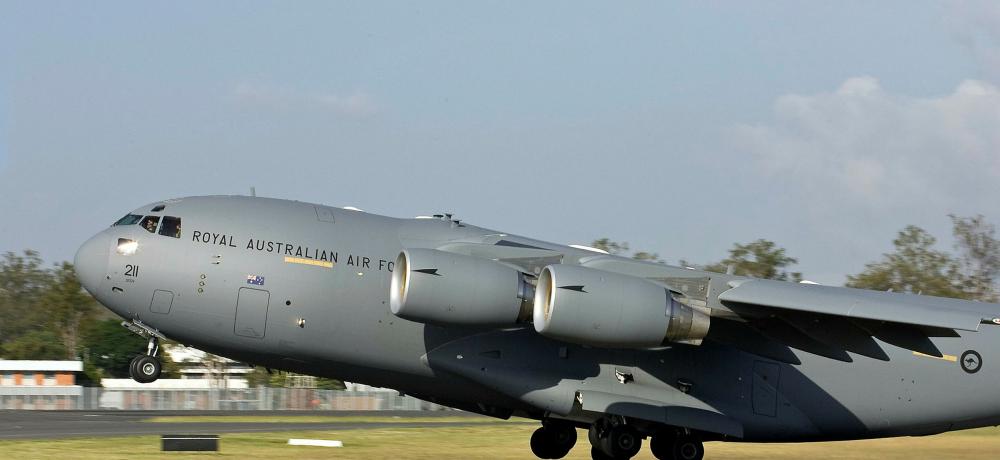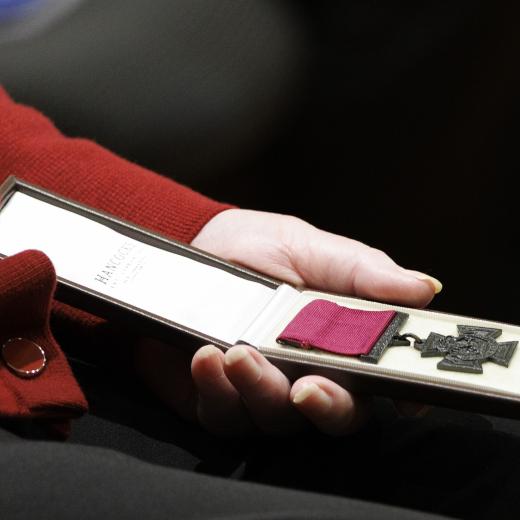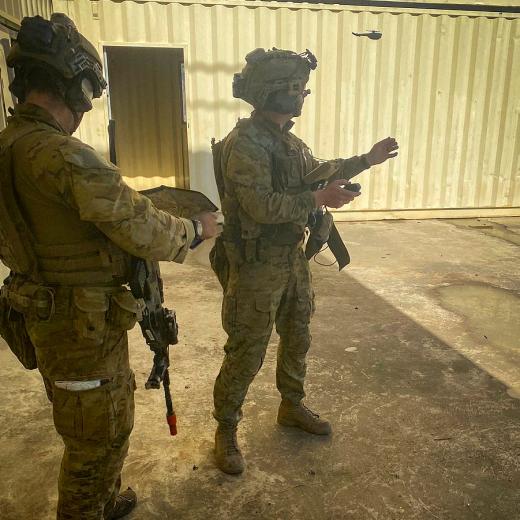BLUF
Transformational leadership is a leadership style that emphasizes inspiring and motivating followers to achieve a common goal.Summary
TRANSFORMATIONAL LEADERSHIP
- Transformational leaders are known for inspiring and empowering their team members and creating a sense of shared purpose and vision.
- Transformational leadership involves encouraging innovation, creativity, and continuous learning and fostering a culture of growth and development.
- Transformational leaders typically exhibit high levels of emotional intelligence and are skilled at building relationships and communication with their team members.
- The transformational leadership style is often associated with improved team performance, higher job satisfaction and engagement levels, and increased employee retention.
ARTICLES TRANSFORMATIONAL LEADERSHIP MODEL
- ARTICLE: JUNE 2022 Transformational leadership effectiveness: an evidence-based primer (tandfonline.com)
- Main Points:
- Improves employee performance and job satisfaction.
- Is positively related to employee:
- Creativity and innovation.
- Organizational citizenship behaviour.
- Commitment to the organization.
- Trust in the leader.
- Main Points:
- ARTICLE: JULY 2021 Transformational leadership lessons learned in the military: what every MBA needs to know – Association of MBAs
- Main Points:
- Military leaders are trained as nimble strategists and values-based leaders.
- MBA students should consider military service as a part of their leadership training.
- Military leaders value diversity as a key to building effective organizations.
- MBA students should seek out those who have undergone military training as mentors in their business careers.
- Military leadership lessons can be applied to corporate leadership.
- Main Points:
- ARTICLE: OCT 2014 21st Century Military Leadership | Psychology Today
- Main Points:
- Develop an egalitarian instead of an authoritarian leadership style and philosophy.
- The modern military leader must be transformational, not transactional, in his or her leadership philosophy.
- Military leaders must be culturally savvy.
- They must quickly adapt to new technology.
- The rules of engagement have changed.
- Main Points:
- ARTICLE: FEB 2009 Why the Military Produces Great Leaders (hbr.org)
- Main Points:
- Hold high levels of responsibility and authority at low levels of organizations.
- Military leadership is based on a set of values that are instilled through training and experience.
- Leadership qualities are formed in a progressive and sequential series of carefully planned training, educational, and experiential events.
- Members are trained to be decisive, adaptable, and resilient.
- Leaders are trained to be effective communicators.
- Main Points:
References
- LEADERSHIP STYLES—ARTICLES THE RUNWAY
- LINKS TO MILITARY PUBLICATIONS: LEADERSHIP THE RUNWAY
- LEADERSHIP USEFUL ARTICLES THE RUNWAY
- ADF Philosophical Doctrine - ADF Leadership Recommended Reading THE RUNWAY
- ADDITIONAL READING RAAF RUNWAY (PME)
- RAAF RUNWAY: RATIONALE, GUIDELINES, LEARNING OUTCOMES, ETC





